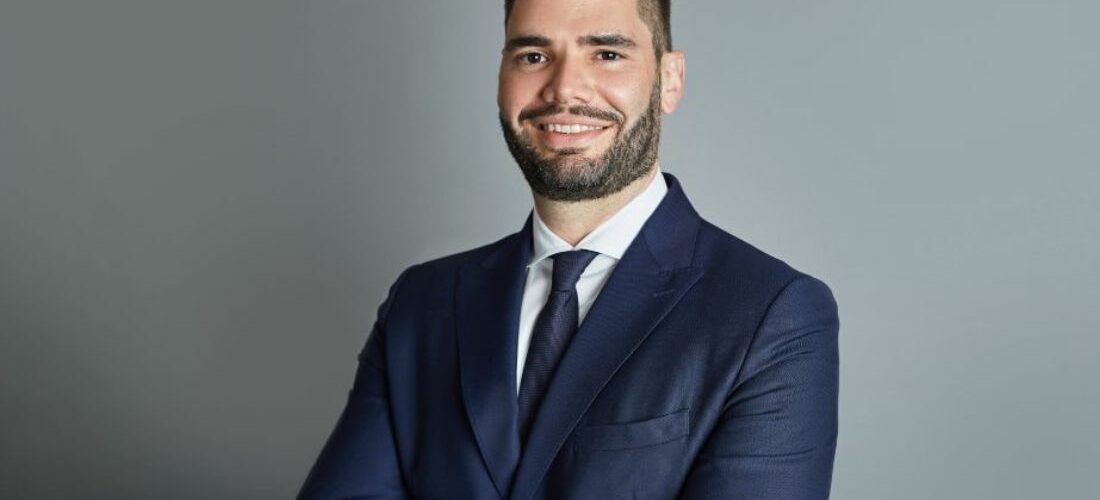The Silent Danger of Cybersquatting
How domain appropriation threatens companies and public figures, and what legal measures you can take to avoid becoming a victim
by mercedes galán
In the early days of the digital era, the lack of awareness about the importance of web domains paved the way for a phenomenon known as cybersquatting. This practice involves registering domain names identical or similar to those of well-known companies or individuals to profit or engage in malicious activities. Although the problem continues to pose a significant threat, the consequences can include reputational damage, economic losses, and security vulnerabilities. To better understand this phenomenon and learn the best practices for protection, Iberian Lawyer spoke with Laura Montoya, partner responsible for the Legal and Litigation Department at ABG Intellectual Property.
How would you define cybersquatting, and what are the key elements to consider it illegal?
Cybersquatting can be defined as the act of registering, trading, or using a domain name. The key element to consider it illegal is the bad faith intent to exploit the potential or prestige of a brand that belongs to another person or company.
How have the main types of cybersquatting evolved?
In the early 2000s, cybersquatting cases mainly involved registering renowned brands as domain names (e.g.,<worldwrestlingfederation.com>, <dior.org>, <alcoholicsanonymous.net>, <microsoft.org>). Later, “typosquatting” emerged, involving the registration of domains with common typographical errors users might make when typing a URL (e.g., ‘wikiepdia.org,’ ‘instsgram.com,’ or ‘youube.com’).
And how do they look nowadays?
Over time, cybersquatters have become more sophisticated, and we now encounter various types of cybersquatting. The National Cybersecurity Institute has classified the different techniques used by cybercriminals to commit cybersquatting. Initially, cybersquatters primarily intended to sell the domain to the brand owner for a sum. However, it has become increasingly common to carry out cybersquatting activities linked to intellectual property rights infringement, replicating the original brand owner’s website and trademarks, and committing fraud through phishing campaigns.
In your experience, which industries or types of companies are most affected by cybersquatting, and why?
…












